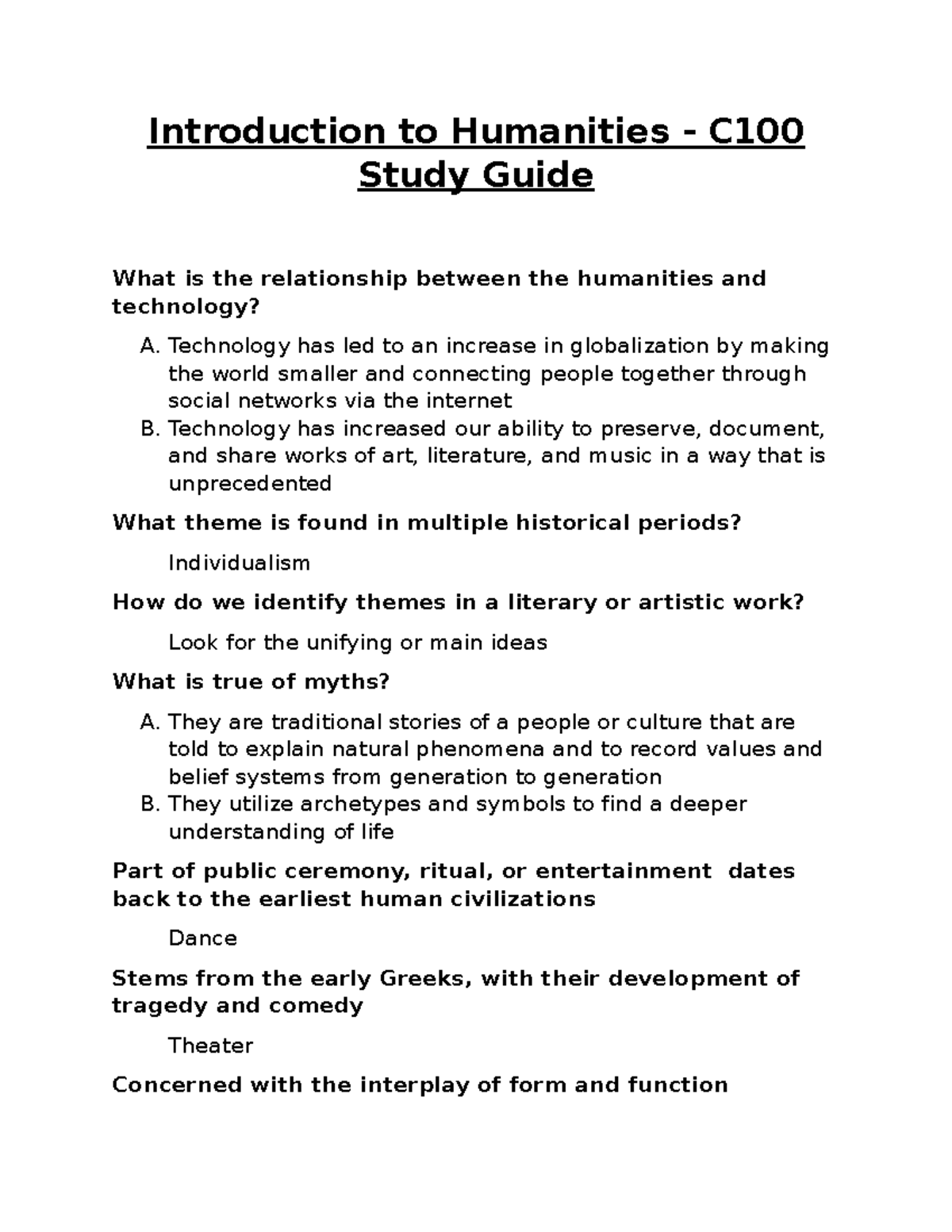Black Lives Matter is not just a movement; it’s a crucial call to action that resonates globally, reminding people everywhere of the importance of recognizing and respecting the dignity of Black lives. In his upcoming book, “Sounds of Black Switzerland,” music professor Jessie Cox illuminates the often-overlooked narratives of Blackness within Switzerland, a nation where discussions around race can be sparse. By intertwining themes of Black studies, Afrofuturism, and music criticism, Cox aims to spark a vital dialogue that addresses the complexities of anti-Blackness in contemporary society. Throughout his work, he emphasizes the need to understand race as a multifaceted issue that affects countless aspects of life, including art, culture, and community belonging. As the movement for racial justice continues to grow, Cox’s exploration of Black Switzerland contributes to a broader understanding of what it means to live and thrive as a Black individual in a world that frequently marginalizes these voices.
The discourse surrounding the significance of Black identities is paramount in various cultural contexts, such as the exploration of Black experiences in regions like Switzerland. This topic encompasses not only the challenges posed by systemic anti-Blackness but also celebrates the rich tapestry of Black art and narrative, as seen through the lens of Cox’s work. His examination of Afrofuturism alongside contemporary music criticism offers a fresh perspective on how Black stories can inspire change and foster connections across diverse communities. By encouraging a deeper appreciation for Black studies, Cox invites readers to reflect on the integral role that race plays in shaping artistic and social landscapes, ultimately advocating for a more inclusive and equitable world. In these discussions, every musician, artist, and scholar contributes to the broader narrative of Black lives mattering beyond geographical and cultural borders.
Understanding Black Lives Matter in Global Contexts
The movement for Black Lives Matter transcends borders, advocating for the recognition of Black dignity across diverse cultural landscapes. In many parts of the world, including places like Switzerland, conversations surrounding race often remain subdued, making it crucial to address this silence. In his book “Sounds of Black Switzerland,” Jessie Cox emphasizes the importance of bringing Black narratives to the forefront, stating that understanding the implications of Black existence is necessary to foster global solidarity. By examining anti-Blackness, Cox invites readers to reflect on their roles within these discussions, encouraging a more inclusive approach to understanding race.
Cox’s analysis sheds light on how international movements like Black Lives Matter impact cultural dialogues well beyond the U.S. He suggests that these conversations enable a broader comprehension of systemic racism and its implications on Black communities worldwide. As he critiques the often color-blind assumptions that underlie societal interactions in Switzerland, Cox advocates for embracing the complexities of Black identities, which can facilitate deeper empathy and recognition of shared struggles, as seen in the reflections of artists like Nativ who highlight transformative messages in their lyrics.
Exploring Black Switzerland: History and Representation
Jessie Cox’s exploration into Black Switzerland reveals a rich yet underrepresented narrative in European history. The academic discourse surrounding Black studies has often overlooked the unique experiences of Black people in countries like Switzerland, where racial identity is rarely interrogated. “Sounds of Black Switzerland” confronts this gap in knowledge by discussing historical context and its influence on current societal norms. Cox’s examinations illuminate the vibrant culture and contributions of Black Swiss individuals, which, although not widely recognized, play an essential role in shaping the national fabric.
In traversing this unmined territory, Cox not only acknowledges existing anti-Blackness but also draws inspiration from Afro-futurism to envision a more inclusive future. By integrating storytelling with musical heritage, he provides a framework for establishing representation in spaces where it has been historically absent. The use of music as a conduit for expression allows Black artists in Switzerland to assert their identities and challenge prevailing narratives, thereby advocating for a renaissance of Black culture that celebrates diversity rather than suppresses it.
Afrofuturism: A Gateway to New Realities
Afrofuturism emerges as a powerful narrative technique that envisions a future shaped by the experiences and dreams of Black individuals. In his works, Cox emphasizes how Afrofuturism operates not only as an artistic movement but also as a critical lens through which to analyze the past and present of Black lives. With discussions surrounding Afrofuturism prominent in his courses, such as ‘Music to Re-imagine the World,’ Cox reveals how the genre serves as a platform for innovation, allowing Black voices to imagine alternate futures free from the constraints of historical oppression.
The profound interconnections between Afrofuturism and music, as explored in Cox’s writing, present opportunities for cultural rebirth and reflection. Through creative expressions steeped in Afrofuturist ideals, artists can articulate their desires for societal change while highlighting the resilience inherent in Black identities. The revitalization of Black narratives through this art form initiates dialogue around the significance of representation, inspiring both reflection and action as listeners engage with the transformative possibilities of music in redefining their world.
Addressing Anti-Blackness through Artistic Dialogue
Cox’s investigation into anti-Blackness unveils the complexities surrounding color-blindness and societal erasure. In ‘Sounds of Black Switzerland,’ he meticulously outlines how systemic racism persists in a society that claims to be post-racial. By delving into the judiciary system and immigration policies, Cox encourages readers to confront uncomfortable truths about societal structures that perpetuate discrimination. His approach compels individuals to consider the hidden biases that exist, thereby fostering necessary conversations about accountability and change.
Art emerges as a critical medium through which anti-Blackness can be addressed and challenged. Cox’s emphasis on the creative expressions of Black artists prompts a reconsideration of how art reflects and critiques societal norms. By sharing the work of contemporary Swiss artists who tackle themes of race and identity, he highlights the potential of music and other art forms to ignite discussions that were previously marginalized. Such dialogues not only raise awareness but also cultivate a sense of community and shared purpose in the pursuit of equality.
The Role of Music Criticism in Unpacking Black Experiences
Music criticism serves as a vital instrument for examining the cultural narratives surrounding Black identities. In his book, Cox navigates through the intersections of music and race, revealing how critique can both celebrate and challenge the status quo. By integrating rigorous analysis of songs and performances by Black artists in Switzerland, he underscores the enduring power of music to articulate stories that highlight not only struggles but also triumphs in Black life. This dimension of music criticism not only enriches academic discourse but also empowers artists whose voices deserve to be amplified.
In his course offerings, Cox illustrates how the practice of music criticism can be transformative, encouraging students to engage deeply with the content they consume. Allowing critiques to evolve into explorations of race and identity fosters a greater understanding of how genres can reflect cultural shifts. By encouraging a critical ear towards music, Cox helps cultivate a generation of listeners and critics who appreciate the complexities of Black experiences, paving the way for richer cultural dialogues and respect for the artistry.
Cultural Memory and Black Identity in Switzerland
Exploring cultural memory is essential to understanding Black identity in Switzerland, an often overlooked aspect of the national narrative. Cox’s work sheds light on how acknowledging historical experiences can influence current perceptions of Black lives. He delves into the concept of cultural erasure and advocates for an active engagement with the past to ensure that these stories are not forgotten. By invoking the memories of Black figures and events, Cox creates a framework for recognizing the ongoing impact of history in shaping collective identities today.
Through cultural memory, individuals gain insight into the rich heritage and contributions of Black communities, which are crucial for fostering pride and belonging. By integrating elements of Black studies into conversations about cultural identity, Cox encourages a collective reclaiming of narratives. This not only bolsters community connections but also allows broader society to acknowledge and embrace diversity as a formative strength in constructing a more inclusive future.
The Importance of Education in Decolonizing Knowledge
Education plays a pivotal role in challenging existing narratives and decolonizing knowledge systems. Cox advocates for an educational framework that emphasizes the contributions of Black scholarship and perspectives across disciplines. In his teachings, he combines music theory with discussions on race, prompting critical evaluations of how knowledge has been historically constructed. This approach not only enriches the learning experience but also empowers students to question dominant narratives and embrace a multiplicity of voices in shaping arts and culture.
By embedding Black studies within the broader context of academia, Cox highlights the necessity of diverse pedagogies that address systemic biases. Educators and institutions are called to examine their curriculums to ensure they are inclusive and representative of a global society. Through these educational endeavors, there lies the potential for transformative change that extends beyond individual classrooms and into broader cultural discourse, engendering a more equitable landscape for future generations.
Building Cross-Cultural Connections through Music
Cox’s insights into the role of music as a thread that weaves together diverse cultural experiences offer a blueprint for fostering cross-cultural understanding. Throughout ‘Sounds of Black Switzerland’, he highlights how music transcends boundaries, uniting individuals across various backgrounds under shared themes of resilience and hope. By presenting varied musical influences from the Afro-diaspora, he illustrates the potential for artists to collaborate and create spaces that celebrate cultural diversity.
By exploring the relationship between music and identity, Cox encourages listeners to embrace the plurality of voices within the Black community. This creates opportunities for dialogue and collaboration that can challenge prevailing stereotypes and promote appreciation for different cultural expressions. Music, therefore, becomes a vehicle for building solidarity, fostering greater awareness of shared historical experiences, and addressing the realities of anti-Blackness, both in Switzerland and globally.
Advocacy Through Art: The Future of Black Creativity
Cox emphasizes the significance of advocacy in shaping future narratives around Black creativity. In ‘Sounds of Black Switzerland’, he illustrates how art and activism converge, creating a compelling platform for dialogue around race and identity. By aligning creative pursuits with social justice objectives, artists play an influential role in challenging systemic injustices and advocating for change. Cox’s encouragement to embrace artistic practice as a space for imagination fuels a vision where creativity not only reflects reality but also inspires action.
As the landscape of Black artistry continues to evolve, it becomes increasingly essential for advocates to support new voices and visions. Through initiatives that uplift diverse creators, a more inclusive artistic community can emerge, one that allows for multifaceted representations of Black experiences. In envisioning a future enriched by such advocacy, Cox lays a foundation for a cultural renaissance that can reshape perceptions, inspire movements, and foster understanding across cultural divides.
Frequently Asked Questions
How does the Black Lives Matter movement relate to discussions about Black Switzerland?
The Black Lives Matter movement emphasizes the importance of recognizing Black experiences and struggles across the globe, including in regions like Switzerland where Black lives have often been overlooked. In his book ‘Sounds of Black Switzerland,’ Jessie Cox opens up a crucial dialogue about the unique dynamics of race, anti-Blackness, and the cultural contributions of Black individuals in Switzerland.
What insights does Jessie Cox provide on Afrofuturism in relation to Black Lives Matter?
In ‘Sounds of Black Switzerland,’ Jessie Cox explores Afrofuturism as a framework that can highlight the imaginative potential of Black experiences. This is significant for the Black Lives Matter movement, as Afrofuturism invites us to envision future possibilities beyond the historical and contemporary realities of anti-Blackness, providing a creative vocabulary for aspirations within the movement.
What role does music play in advancing the Black Lives Matter conversation according to Jessie Cox?
Music serves as a powerful medium for expressing the complexities of Black lives and experiences. In ‘Sounds of Black Switzerland,’ Cox discusses how contemporary Swiss artists, such as Nativ, use their music to address themes of change and resistance, thereby enriching the discourse around Black Lives Matter and its implications in Europe.
How does anti-Blackness manifest in Switzerland as discussed in relation to Black Lives Matter?
Jessie Cox’s work critically examines how anti-Blackness in Switzerland is intertwined with notions like color-blindness and societal erasure. This discussion is essential to the Black Lives Matter movement, as it sheds light on systemic issues that Black communities face even in countries where the movement is less recognized.
What can we learn from ‘Sounds of Black Switzerland’ in the context of Black studies and Black Lives Matter?
‘Sounds of Black Switzerland’ contributes to Black studies by introducing the nuances of Black experiences in Switzerland, thereby expanding the discourse of Black Lives Matter. Cox encourages readers to explore the multitude of Black identities and cultural narratives, fostering greater understanding and solidarity within global movements for justice.
| Key Point | Description |
|---|---|
| Cox’s Background | Jessie Cox grew up in Switzerland, where discussions on Black identity were scarce. |
| New Book: Sounds of Black Switzerland | Cox’s book addresses race dynamics in Switzerland, aiming to open discourse around Black experiences. |
| Themes in the Book | The book explores Blackness, Afrofuturism, and critiques of anti-Blackness, with a focus on cultural narratives. |
| Music’s Role | Cox incorporates music from artists like Nativ to highlight positive messages and cultural commentary. |
| Influence of Other Works | Cox references pivotal works like ‘Farbe bekennen’ to frame the conversation about race in Europe. |
| Art as a Catalyst | Cox believes in the potential of artistic practice to foster discussions and re-imagine social relations. |
Summary
Black Lives Matter is a critical movement that seeks to address systemic racism and violence against Black communities. In his work, Jessie Cox illuminates these issues within Switzerland through his book “Sounds of Black Switzerland,” contributing to a broader understanding of Black experiences worldwide. By intertwining cultural critique with music, Cox extends the dialogue about Blackness, showing it encompasses not just challenges but also rich cultural and imaginative possibilities. Through his insights, the ongoing conversation about the significance of Black lives in society gains depth, recognizing both struggles and triumphs.



